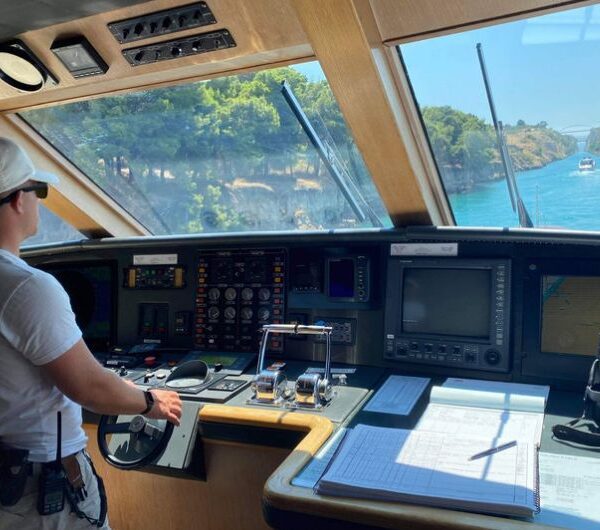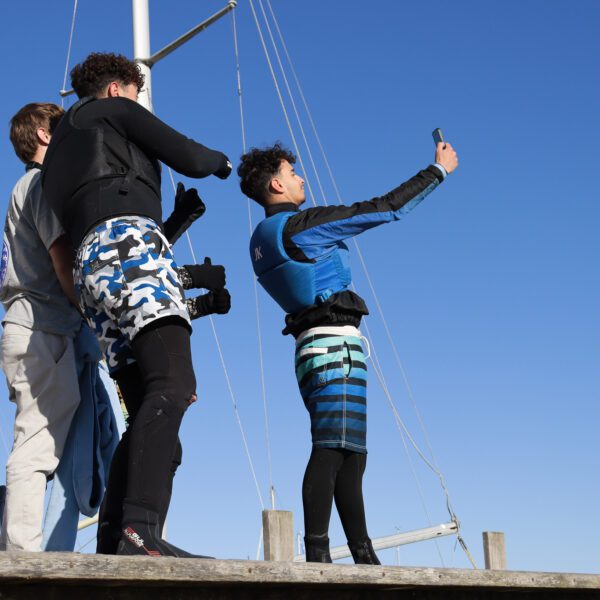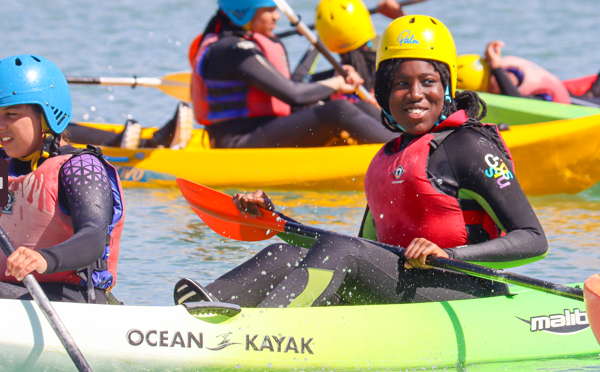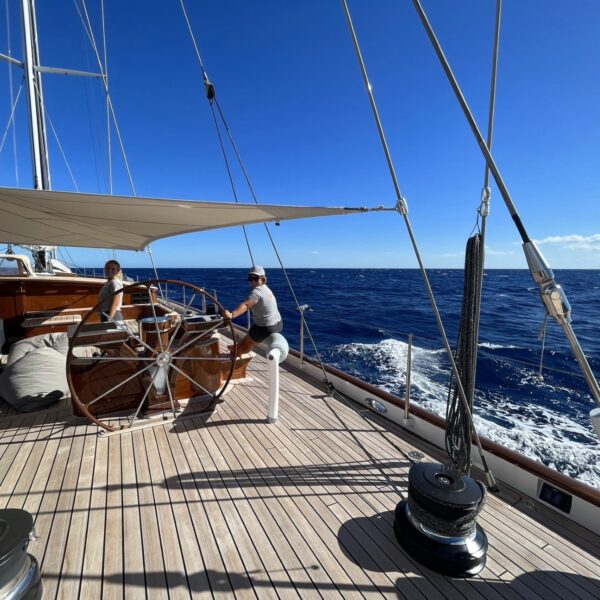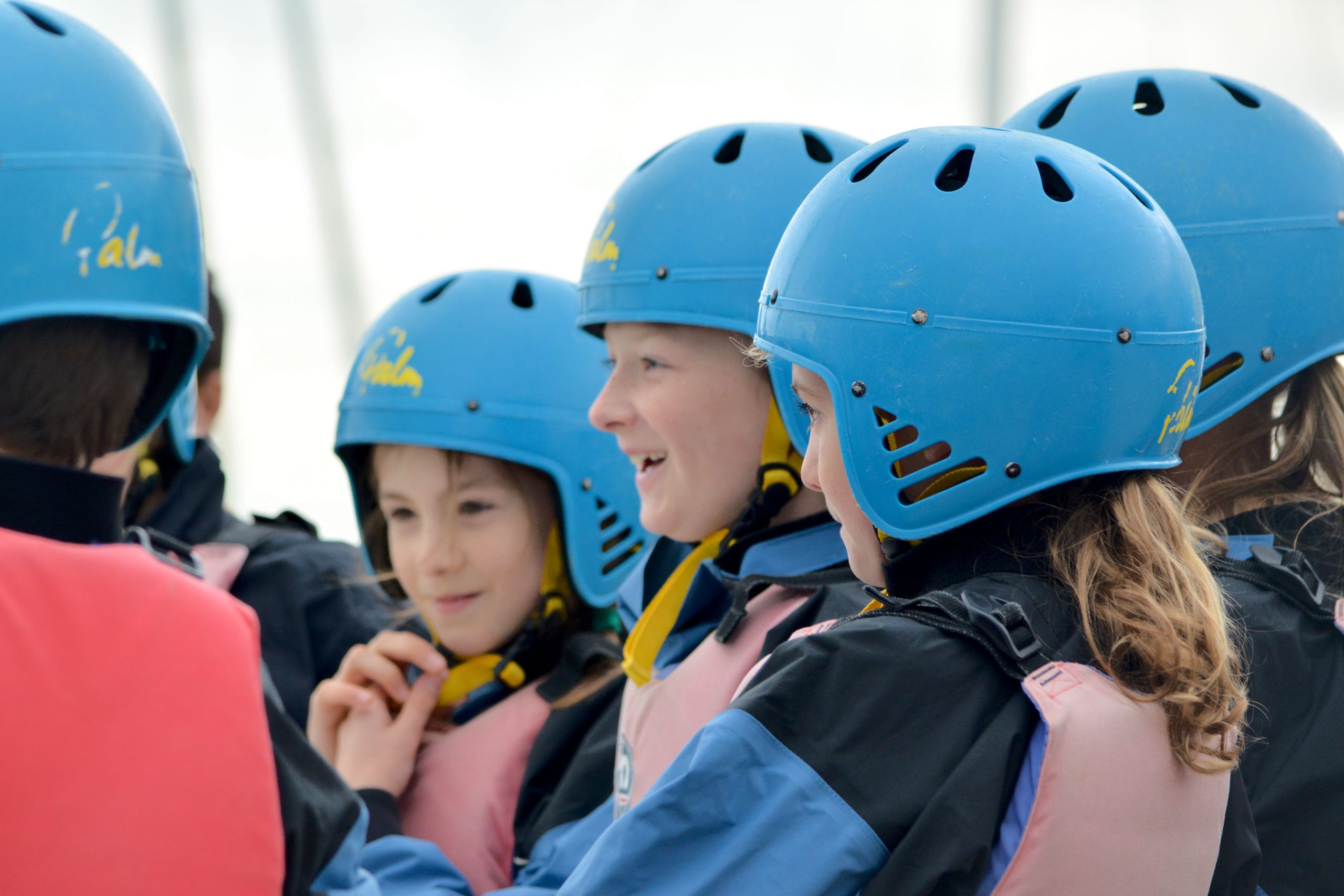
The pandemic and its impact on mental health in youngsters

The mental wellbeing of youngsters was reported to be in decline prior to the COVID-19 pandemic taking hold but the scale of the pandemic’s effects on wellbeing, few would have predicted. School closures, isolation from friends, the impact of staying indoors for extensive periods and the influence of news and media, have all contributed to what can only be considered a crisis in mental wellbeing for an entire generation.
Despite efforts to get back to normal (as much as feasibly possible), there is much work to be done to try and counteract the impact and its possible lasting effects in young people. This includes the importance of outdoor and out-of-classroom experiences. Getting the opportunity to try new activities and challenges, while being away from the normal routines of home and school, helps to develop confidence, resilience and a real sense of independence.
In a usual year, UKSA is proud to welcome over 8,000 school children for water based, residential experiences that are both life affirming and enhancing. We also run a fully funded, half day on the water for all Island Year 6 pupils, that supports 1,500 beneficiaries every year. Through this activity, we have first-hand evidence that outdoor centres like UKSA help young people’s mental health and confidence, build resilience, and instil life skills – all of which are essential attributes for young people. In addition to this, the healing power of water and coastal environments have been shown to improve our health, body and mind which is why it is more essential than ever for young people, especially those from inner cities, to have on-water experiences.
Giving a child an opportunity to try something they would not normally be able to try might light a spark in them. It’s this spark or catalyst moment that could end up helping them at school. It could also encourage them to build better relationships with friends and family, or even take up a new hobby, activity or sport.
It’s vital the Department of Education needs to do much more to support outdoor learning, sports and activity trips. A child’s development is much more complex and richer than SATs or GCSE results, which is what schools are measured upon.
I certainly feel it’s part of my duty to ensure as many young people as possible get to experience a residential and make these opportunities available to everyone regardless of income, so they can all reap the benefits. The outdoors is fundamental to healthy wellbeing both mentally and physically, and knowing what a positive impact it can have keeps us striving to allow as many young people as possible to pass through our doors.
Ben Willows
CEO
Useful links:
Schools and groups residential visits
Latest posts
